Tag: HKU Research

In the Front of Research: Newly Emerged Topics for 2024 and HKU Contributions
— by Vivian Qiu 1. Introduction 1) Research fronts A research front can be conceptualized as the convergence of scientific discoveries and societal interests, with new findings leading to further discoveries [1]. Understanding research fronts can help researchers identify key areas for future exploration, thereby enhance the capability of researchers to contribute meaningfully to their disciplines and…
Read More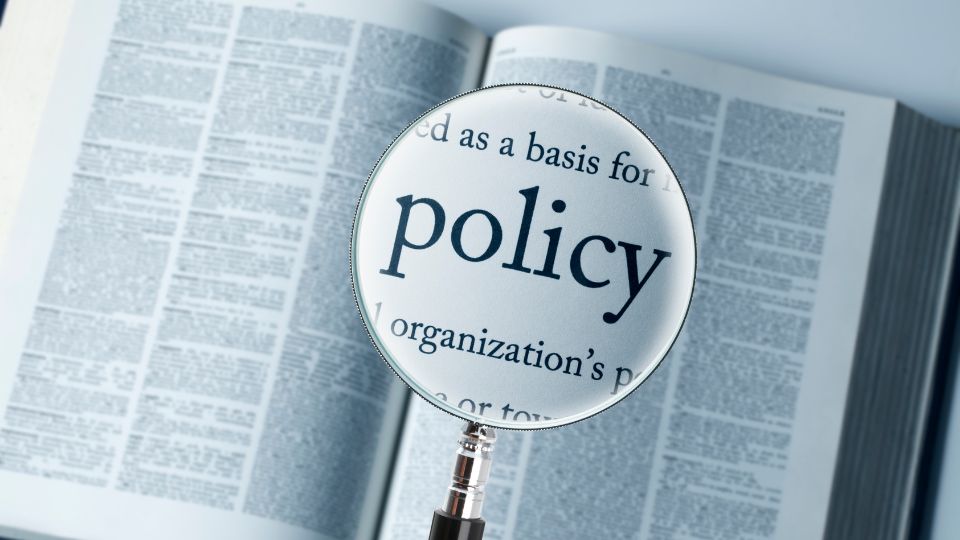
Research Impact beyond the Academia 2: Policy Citations
— by Chloe Ng In the previous post, we discussed the use of patent citations as alternative metrics to measure research impact beyond academia. In this post, we will focus on policy citations, which try to showcase the impact of research on policy, law and regulation. Policy Metrics Policy documents refer to documents prepared by…
Read More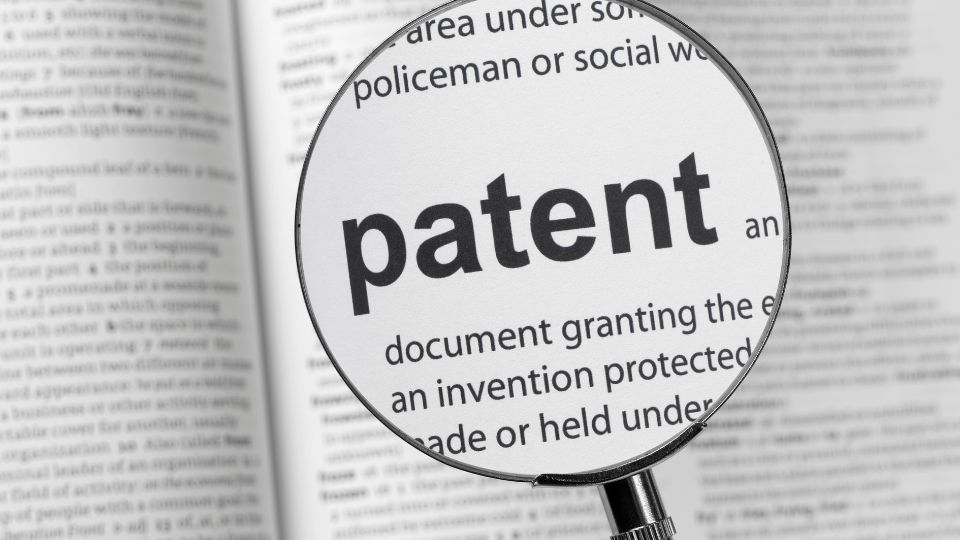
Research Impact beyond the Academia 1: Patent Citations
— by Chloe Ng Introduction Citation metrics, which measure the number of citations a publication receives from other scholarly publications, are commonly used as indicators of research performance. However, these metrics often fall short in capturing the broader societal impacts of research. This blog post explores alternative indicators of impact, providing insights from patent citations…
Read More
Mega Journals 2: Promising or Predatory?
— by Fanny Liu Introduction In the previous post, we discussed major characteristics and the niche of mega journals, such as open access, wider scope, soundness only peer-review and higher acceptance rates. In this post, we will focus on some controversies. Concerns “Soundness-only” peer review: Yet to be defined? Senior executives and editors of mega…
Read More
Mega Journals 1: Inception and Ideal
— by Fanny Liu Introduction Since the establishment of PLOS ONE in 2006, a number of mega journals emerged, such as BMJ Open, IEEE Access, PeerJ, Scientific Reports, and more. While mega journals have secured a niche in scholarly publishing, there are also concerns and controversies. Characteristics Mega journals have some major characteristics (Björk, 2021;…
Read More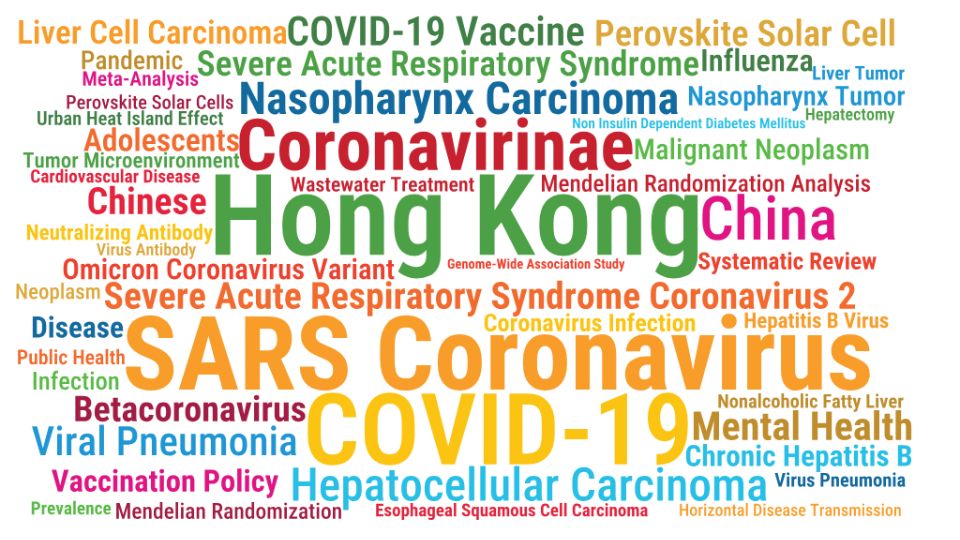
Viewing HKU Research Through the SDG Lens
— by Chloe Ng Continuing from our previous blog posts1 in presenting HKU’s research contributions to the Sustainable Development Goals (SDGs), this year’s post tracks HKU research performance across the 16 SDGs2 during 2019-20243, and explore changes in individual SDGs and topics over time. HKU Publications Contributing to Sustainable Development Of the 48,284 scholarly outputs…
Read More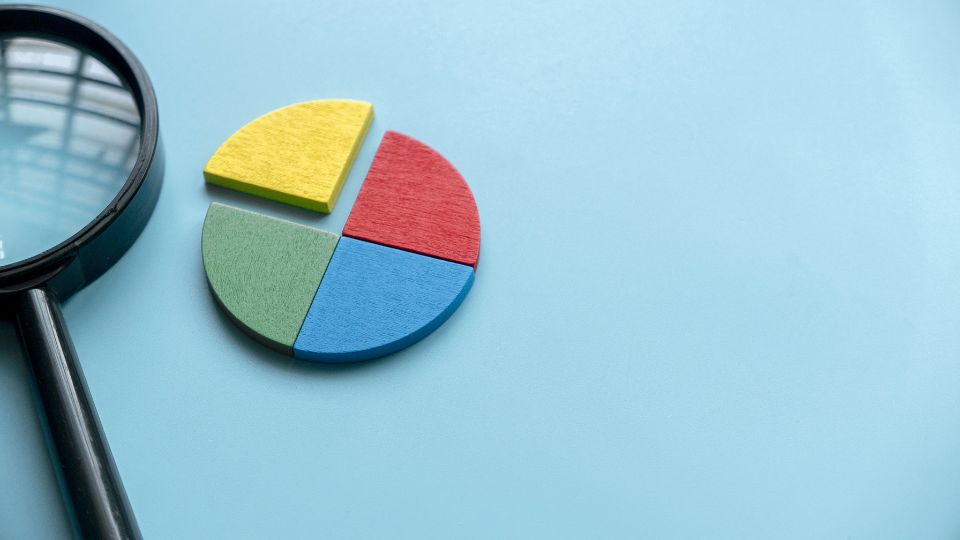
Flourish: Visualizing Data in an Easy and Engaging Way
— by Vivian Qiu Flourish is an online data visualization tool that can help turn complex datasets into engaging and informative visuals in an easy way. In this blog post, we will introduce what Flourish could do for you, its advantages and how to use it. 1. What is Flourish Flourish empowers users to transform…
Read More
Unmasking and Combating Publishing Malpractices 1: Paper Mills
— by Fanny Liu Academics are faced with a pressure to consistently and frequently publish research to sustain or advance their careers, which incentivizes quantity over quality. This “publish-or-perish” mentality has brought potential negative impacts to scholarly research, for example unethical publishing behaviour compromising scientific integrity. Misconduct in science is “fabrication, falsification, or plagiarism in…
Read More
Visual Discovery Tools for Digitized Primary Sources: Gale Primary Sources
— by Y. Y. Kwan Primary sources are original historical documents from the past. Many primary sources are available in digitized format today, including Gale Primary Sources, the online platform of the US publisher Gale. HKU Libraries has access to over 30 historical archives from Gale covering various time periods and types of material, including…
Read More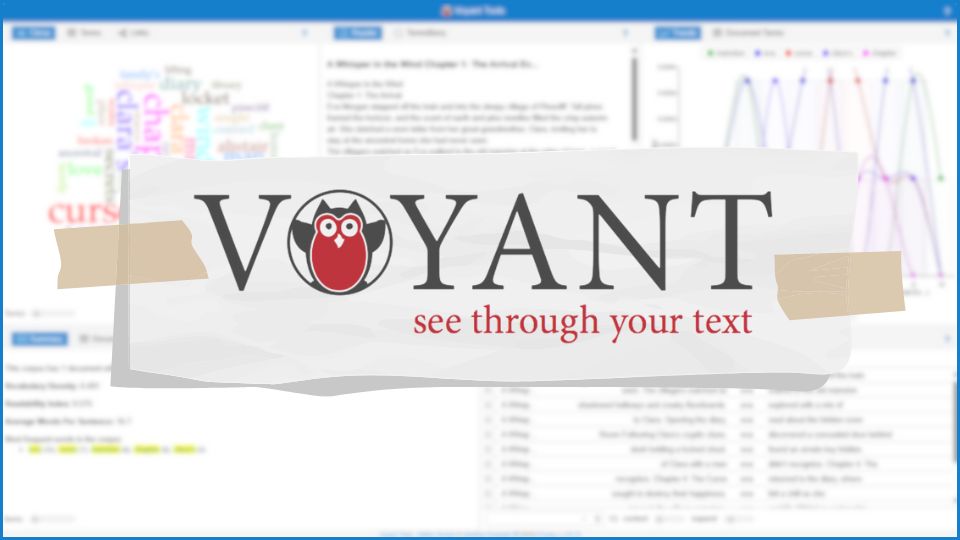
Text Analysis II: Exploring Voyant Tools with an AI-Generated Sample
— by Katherine Choi, Kayla Ng, Terry Chung Last time we briefly introduced text analysis and its applications. In this post, we will explore text analysis using Voyant Tools, a web-based platform known for its analytical capabilities. We will be working with an AI-generated short novel, “A Whisper in the Wind”, as our sample text.…
Read More